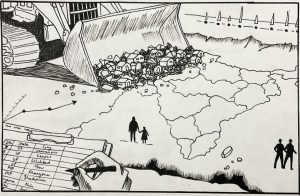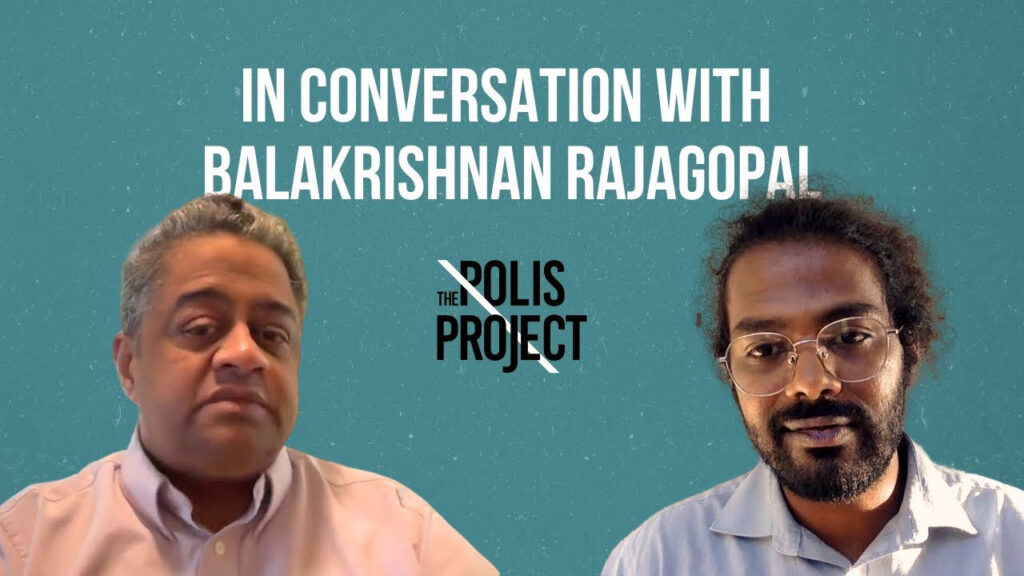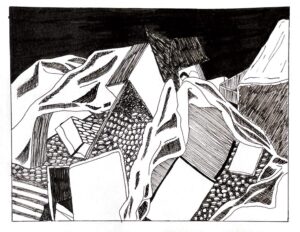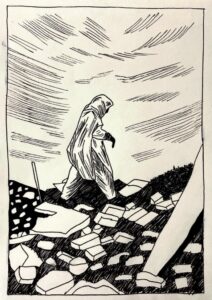
UN Special Rapporteur Balakrishnan Rajagopal on domicide, accountability and the trauma of demolitions

On 25 October 2024, Arshu John, the political editor at The Polis Project, was in conversation with Balakrishnan Rajagopal, the UN Special Rapporteur on the Right to Adequate Housing. The conversation focused on the use of extrajudicial demolitions as a punitive measure, and the challenges to holding states accountable for such violence. Mr Rajagopal observed how the Indian state conducts demolitions arbitrarily, in violation of human rights law, and as a form of punishment against the Muslim community. In the legal context, he emphasised the need for a foundational change in India’s legislative framework on housing rights, and how the concept of “bulldozer justice” reflects a culture of lawlessness endorsed by the state. According to Mr Rajagopal, India and Israel are the only two countries currently using punitive demolitions as a recurring state practice—noting the unique characteristics of Israel using it as a tool of occupation and annexation, and India using it entirely during times of peace.
Mr Rajagopal highlighted the importance of understanding demolitions as an act of trauma, and how communities that suffer targeted demolitions collectively mourn what they have lost. Reflecting on his experience working with victims of demolitions, he said it was necessary to adopt a “trauma-informed reparative approach to the loss of human rights, as opposed to an approach that relies on financial compensation alone.” Mr Rajagopal is also a strong advocate for the recognition of the crime of domicide as a crime against humanity under the Rome Statute, and speaks of the importance of holding states like Israel responsible for the deliberate mass destruction of homes in Gaza. “The international order is on a knife’s edge,” he said. “It’s like a fork in the road at this point—and one road leads to a slippery slope of further sort of destruction of the world order.”
Related Posts
On 25 October 2024, Arshu John, the political editor at The Polis Project, was in conversation with Balakrishnan Rajagopal, the UN Special Rapporteur on the Right to Adequate Housing. The conversation focused on the use of extrajudicial demolitions as a punitive measure, and the challenges to holding states accountable for such violence. Mr Rajagopal observed how the Indian state conducts demolitions arbitrarily, in violation of human rights law, and as a form of punishment against the Muslim community. In the legal context, he emphasised the need for a foundational change in India’s legislative framework on housing rights, and how the concept of “bulldozer justice” reflects a culture of lawlessness endorsed by the state. According to Mr Rajagopal, India and Israel are the only two countries currently using punitive demolitions as a recurring state practice—noting the unique characteristics of Israel using it as a tool of occupation and annexation, and India using it entirely during times of peace.
Mr Rajagopal highlighted the importance of understanding demolitions as an act of trauma, and how communities that suffer targeted demolitions collectively mourn what they have lost. Reflecting on his experience working with victims of demolitions, he said it was necessary to adopt a “trauma-informed reparative approach to the loss of human rights, as opposed to an approach that relies on financial compensation alone.” Mr Rajagopal is also a strong advocate for the recognition of the crime of domicide as a crime against humanity under the Rome Statute, and speaks of the importance of holding states like Israel responsible for the deliberate mass destruction of homes in Gaza. “The international order is on a knife’s edge,” he said. “It’s like a fork in the road at this point—and one road leads to a slippery slope of further sort of destruction of the world order.”
SUPPORT US
We like bringing the stories that don’t get told to you. For that, we need your support. However small, we would appreciate it.






